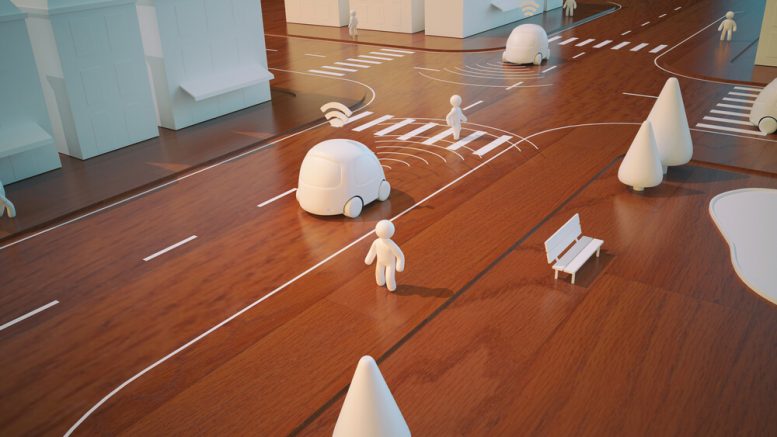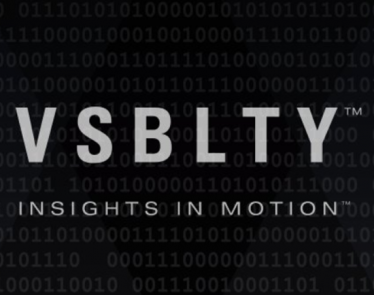
Voice assistants such as Alexa and Google Assistant are starting to take off, with their fight now spilling over into an increasing number of domains. Juniper Research projects that by 2023, the number of digital voice assistants in use should triple to eight billion. This is partly because Google Assistant and Apple’s (NASDAQ:AAPL) Siri are installed in an increasing number of smartphones worldwide, while Amazon’s (NASDAQ:AMZN)’s Alexa has lept to the forefront.
Amazon, for one, has said that it wants to give customers the freedom to speak to Alexa anywhere and at any time—not just in the home or on a phone. So naturally, one of the best use cases for voice assistants would be cars—77 million drivers currently use voice assistants while in cars at least once a month, according to Voicebot.ai, compared with just 45.7 million who use them on their smart speakers. That’s because driving a car is the optimal time to use a voice assistant, as your hands and eyes are occupied.
Although they’ve been a bit late to the party, car manufacturers have also begun coming out with their own on-board voice assistants for drivers. High-end brands such as Daimler’s (OTC:DDAIF) Mercedes have revealed their own in-vehicle assistants, with digital dashboards, a high-resolution touchscreen, and natural voice recognition system that’s activated when you say, “Hey Mercedes.” BMW (OTC:BAMXF)also released its own voice assistant, which can be integrated with other voice ecosystems such as Alexa or Google Assistant.
Unfortunately for auto brands, however, a recent study by JD Power found that 76% of drivers actually prefer to talk to their home’s voice assistant when in their cars, rather than the one provided by the manufacturer. That may be why a growing number of automakers such as Toyota (OTC:TOYOF), Volkswagen (OTC:VWAPY), and Audi (OTC:AUDVF) have announced Alexa integration into their systems, with more likely to follow. In the meantime, vehicles that don’t have this integration can purchase the Echo Auto, which can sit on your dashboard and allow the driver to have Alexa capabilities.
>> Penny Stocks to Watch: Arcimoto is Taking EV to the Next Level
Outside of Alexa, Google Assistant is also integrated into Android Auto, which features compatibility with quite a few car models. An in-vehicle Google Assistant may be an even more compelling offering, since it tends to make fewer mistakes than Alexa while potentially delivering on more functionality. Last May, Google (NASDAQ:GOOGL) rolled out its Duplex software, which featured a human-sounding voice assistant that could make restaurant reservations and other appointments on your behalf.
However, many auto manufacturers are refusing to yield—there’s simply too much money on the table to abandon this potentially profitable segment. Ford (NYSE:F), for instance, is focused on developing their own digital assistants that can notice a driver’s emotions or let them know if something like the brakes or spark plug need replacing. McKinsey also claims that monetizing this type of car data could prove to convert into a market of up to $750 billion by 2030.
Meanwhile smaller tech players are getting into the game with unique, customized offerings. Robin, an Android app made by Robin Labs, focused on being an eyes-on-the-road personal assistant for cars, allowing drivers to find nearby parking and gas stations as well as receive local traffic alerts. At the Consumer Electronics Show this year, Nuance Communications (NASDAQ:NUAN) showed off an in-car voice assistant in development that can detect if you’re tired and sound an alert on the car’s infotainment system. It can also sense your mood, and modulate its tone accordingly, and use voice biometrics to make sure that only the vehicle’s driver can perform certain voice functions.
It’s increasingly looking like the “smart car” will be the next link in the growing smart home ecosystem. This has pitted car manufacturers with Silicon Valley in a pitch battle to see who can be the first to corner the new car assistant market.
Featured image: DepositPhotos © julos












